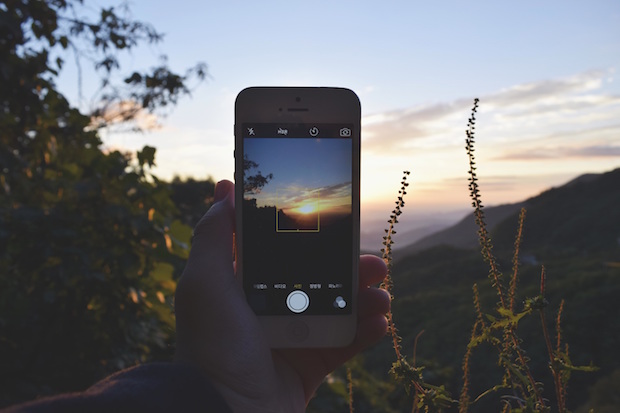Cultures
Is It Possible To Live Without Technology In The Modern World?

Is It Possible To Live Without Technology In The Modern World?
Imagine a typical day like any other: You wake up, slam your alarm clock, and…what’s the first thing you do? Probably turn on your smartphone. That is, of course, unless you conveniently used your smartphone as an alarm to help you start your day. Stumbling towards the shower, or groping for a toothbrush, there’s a good chance that you now have your phone in your other hand—flicking through Facebook or squinting half awake at the day’s first news. Maybe checking the weather to figure out what to put on once your e-mail tells you you’re five minutes late for that meeting.
It wouldn’t be surprising if your job involved a computer in some capacity. A conference call with someone miles away. Maybe a tablet nowadays to make things more portable. At your lunch break, do you chat with your co-worker or return to your phone again, scrolling for a few more info bits before returning to the grind?
In the times we live in, technology surrounds almost every interface and environment in our modern lives. The tools we have developed to “improve” our lives have changed us so much that our present day bodies literally cannot live without them. Sure, we might be able to fend for ourselves without a phone glued to our hand or a Netflix-streaming laptop to pass the time, but are there deeper implications for living in a world nearly drowning us in gadgetry convenience, information-overload, and instantaneous access?
There are some drawbacks to the constant connection. Several studies have documented the effects of backlit screens on disrupted sleep and insomnia, as well as increased stress tied to texting only two hours before bedtime. There are studies—but you may notice anecdotally as well—that the increasing attachment to all these objects has made us more and more detached from each other. Our attention spans are decreasing, we are more easily distracted, and at times more willing to substitute the glow and response of continuous updates over real-time interaction with a human-being directly in front of us. Some have even gone so far as to say that the dopamine “hit” we get and seek from notification pings and the like constitutes its own kind of addiction. We find less ways to stimulate ourselves and our minds, because everything we might want to know or anything we might be curious about is at our fingertips, readymade and investigated by someone else. Do we still feel the need to go out into the world and find meaning for ourselves or has that innate desire to learn become stifled?
Another concern is the newfound anonymity made possible behind a screen. We can make profiles of our personalities, our image and our platforms through social media. We can curate everything we do and say. We can clash in the virtual world and throw vitriol and shade at people we hardly know, much less can conceptualize. At the same time, there are certainly upsides to this unprecedented age of interconnectedness. More now than ever before, we have the ability to maintain and restore friendships with old friends. We also have the chance to get in touch with unique individuals from all around the world. Who knows what these newfound opportunities might hold?
At the end of the day, technology is not going anywhere and will likely get more and more advanced. Maybe the the more important question is what we decide to do with it. There’s always a balance to be had. It’s up to you to pick up or leave the smartphone at home for a day, for two, for even a week. Who knows? You might live without technology for good.





0 comments